New vehicle shoppers are still looking at buying or leasing a new electric vehicle, according to a new study, despite the potential elimination of the $7,500 federal tax credit by the Trump administration.
According to the J.D. Power 2025 U.S. Electric Vehicle Consideration (EVC) Study, nearly a quarter (24%) of new car shoppers say they’re “very likely to consider purchasing an electric vehicle. Additionally, 35% say they are “somewhat likely” to do so. Those responses are unchanged from a year ago, Power officials note.
“Despite the market volatility, EVs have found a solid ground for consumer consideration,” said Brent Gruber, executive director of the EV practice at J.D. Power. “To further capitalize on that interest and spur adoption moving forward, the industry needs to have products that meet consumer needs and wants at prices that are affordable.
“Additionally, the industry should better educate consumers about EV ownership to ease concerns — many of which, such as those related to public charging, are less problematic than they might seem when it comes to actually owning an EV.”
Active shoppers
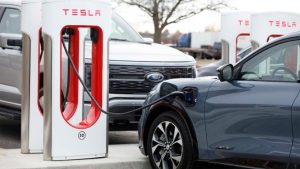
The biggest obstacle to improved EV acceptance is the ongoing issues with the public charging infrastructure.
While many gas- or diesel-powered vehicle consumers are brand loyal, Power’s new study finds that’s not necessarily the case with EV buyers. Those who say they are “very likely” to consider an EV cross-shop an average of 2.9 brands. For those who are “somewhat likely,” that drops only to 2.8 brands.
These finding match up with the J.D. Power 2024 U.S. Sales Satisfaction Index Study, which found EV buyers shopped 3.0 different dealer brands compared to 2.5 for gas-powered vehicle shoppers.
“As more EV options come to market, this should serve as an encouraging sign for automakers because it’s an opportunity for them to gain a foothold and pull shoppers from outside their brands,” Gruber said.
“This year’s study results also show that EV shoppers consider products from mass market and premium brands alike, highlighting the opportunity to capture consumer interest with brands or products that shoppers may not have otherwise considered.”
Biggest concerns
Unsurprisingly, the study revealed the top area of concern with shoppers remains the availability of public charging stations. More than half, 52% said it was their top reason for not buying an electric vehicle.
The numbers suggest that unflattering media coverage of charging station problems, such as last winter’s highly publicized snafu in Chicago, where temperatures dropped so low it was impossible for many EV owners to get the charging stations to work properly or to get their vehicles to accept the charge.
Power officials note that these numbers haven’t really changed in the last year so EV makers and other stakeholders aren’t doing a great job in terms of public education about how to deal with various issues surrounding public charging and the benefits of home charging.
However, while consumer rejection due to purchase price has dropped 4 percentage points year over year to 43%, concern with cost of ownership has dropped 2 percentage points to 33%, officials noted.
More EV News
- Over 25% of Cars Sold Globally in 2025 Will be EVs
- Toyota Debuts Second-Generation bZ Battery-Electric CUV
- Newer, Cheaper Tesla Model Y Debuts
Who is interested
The ideal customer base for EVs is an unusual one: young buyers with higher incomes. This isn’t a huge number of shoppers. Only 17% of consumers who are in the 25-49 age range have an annual income of over $100,000.
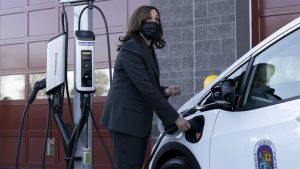
Former Vice President Kamala Harris charges an electric vehicle during a tour of the Brandywine Maintenance Facility in Prince George’s County, Md.
That big income is a requirement because the average price of an EV is in excess of $57,000, which is nearly $10,000 higher than the average transaction price of all vehicles.
“It’s an interesting dichotomy because younger consumers are the most receptive to EVs, but also the least likely to be able to afford them, while older consumers have the financial means but show less interest,” Gruber said.
“Much of the recent growth in the EV space has been fueled by products from mass market brands, which demonstrates the pent-up demand for more affordable products.”
Additionally, if you’re looking for Midwesterners to flock to dealers to get their electric vehicles, you’ll be disappointed. When looking at EV consideration by region, the lowest shares of consumers who say they are “very likely” to consider purchasing an EV live in Wisconsin and Kentucky (18% each), Minnesota (17%) and Ohio (16%).
This is influenced by several factors, including concerns about EV performance in cold climates and the stronger loyalty of consumers in these regions to traditional automakers.

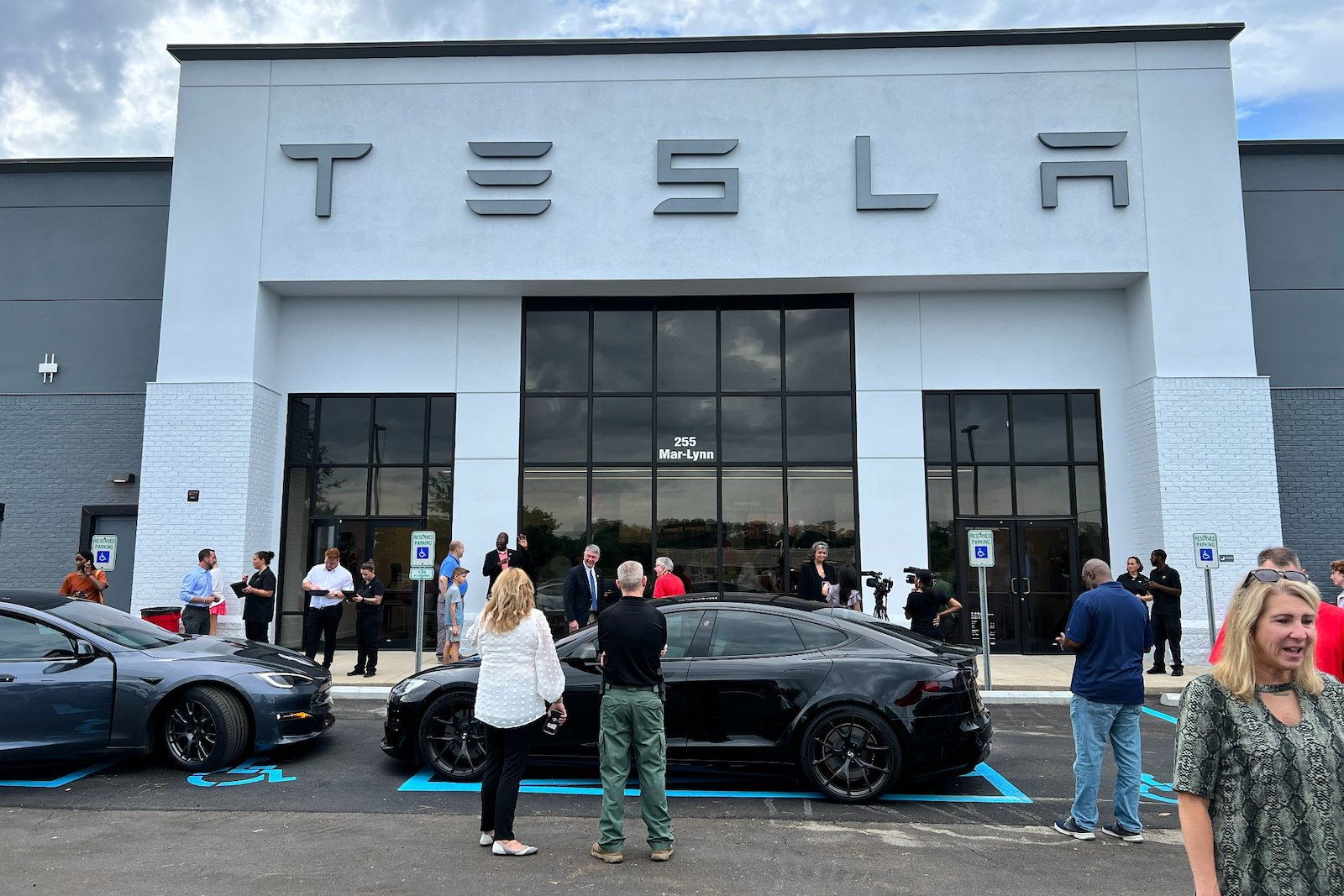
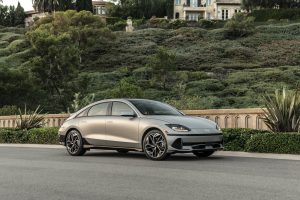
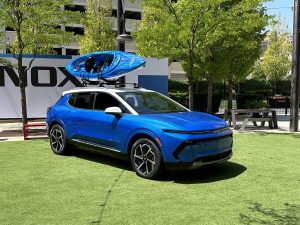
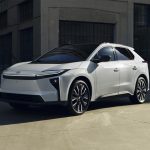
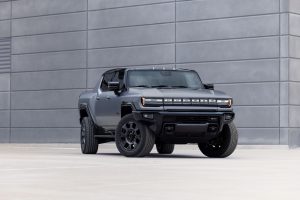
0 Comments